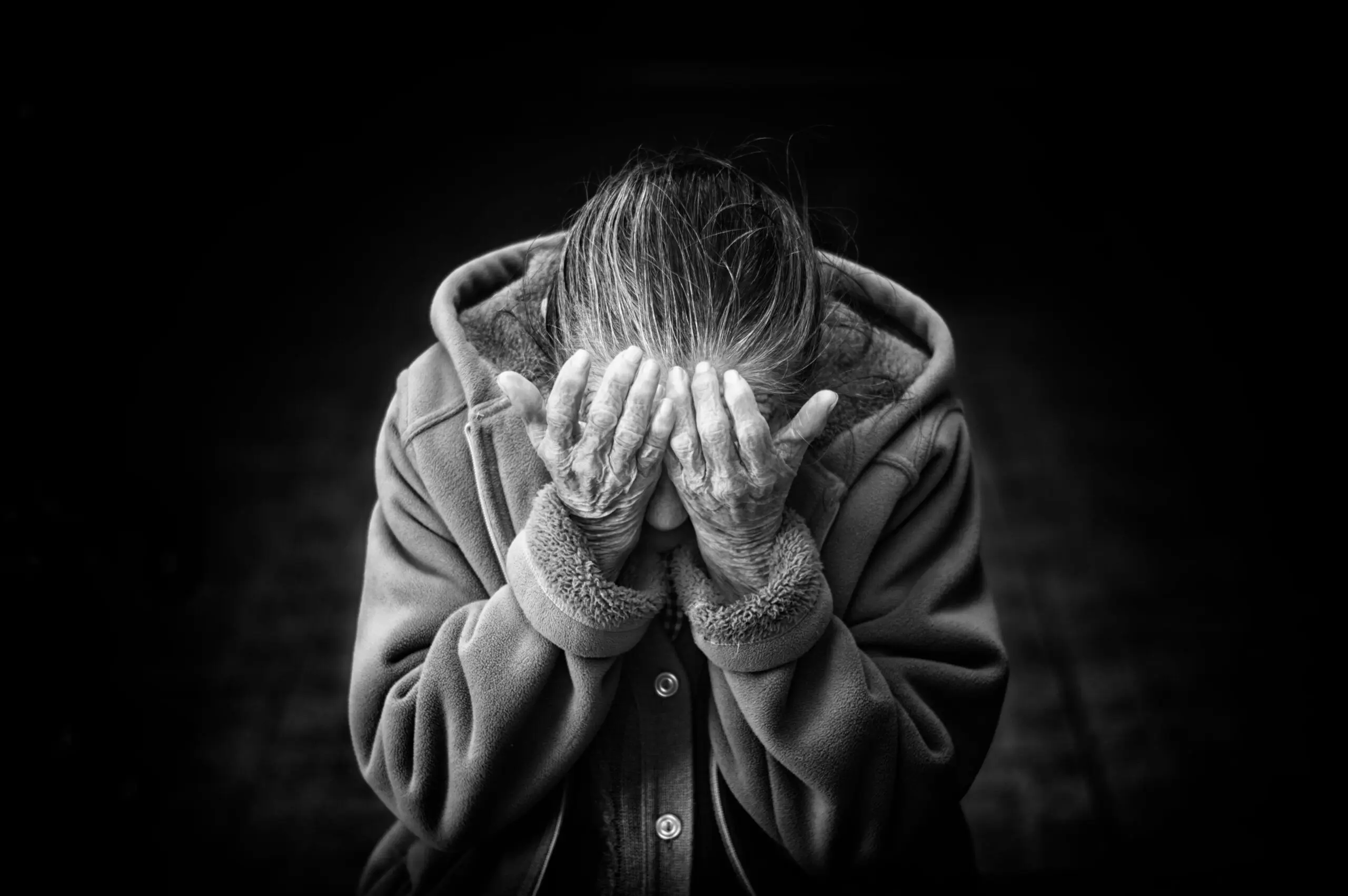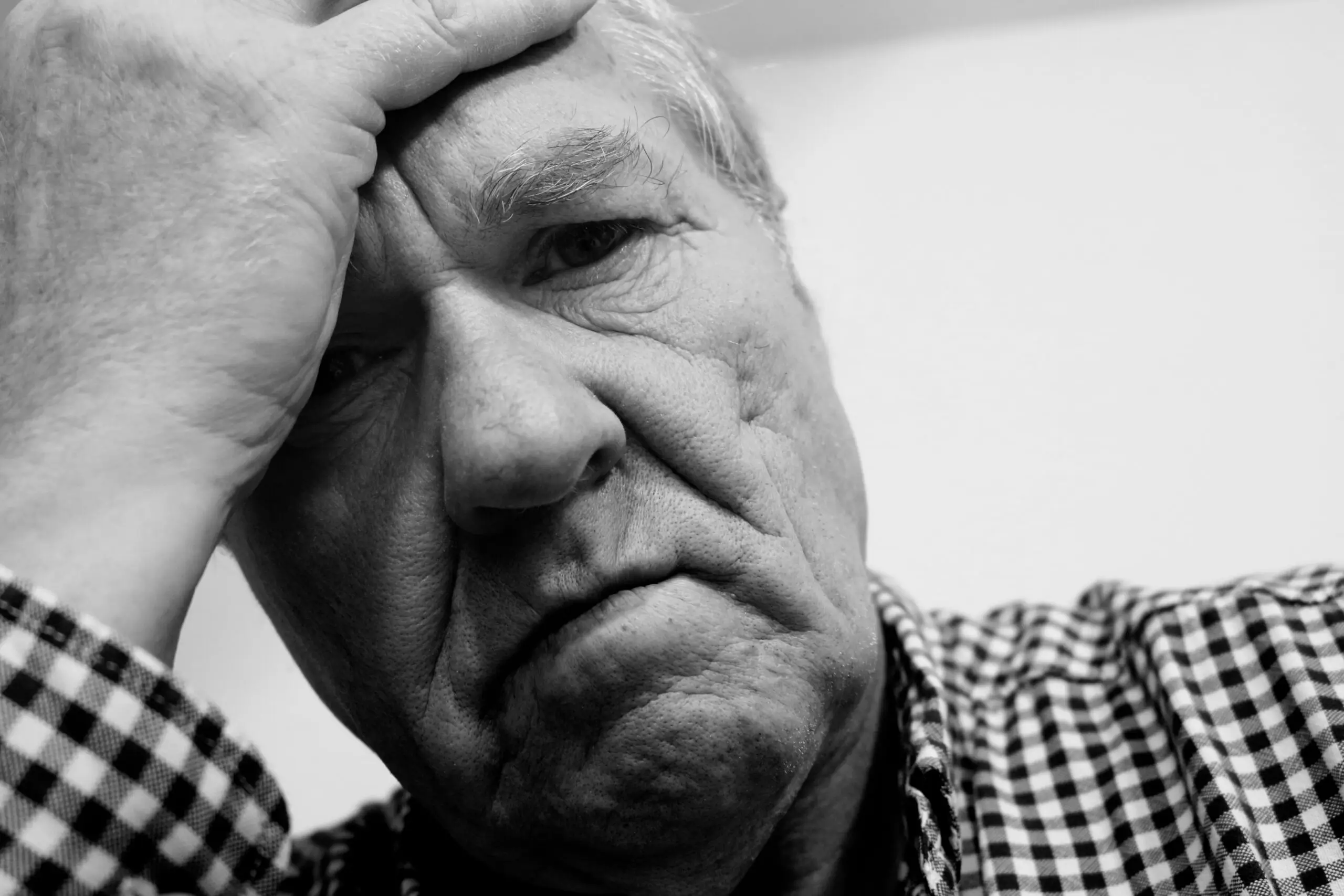Life After Caregiving: A Guide to Rediscovering Yourself
Life After Caregiving: A Guide to Rediscovering Yourself

A Caregiver’s Journey: Carolyn’s Story
For eight years, Carolyn devoted her life to caring for her son Billy, who required constant supervision due to complex medical needs. With a ventilator dependency, seizure disorder, and various health challenges, Billy’s care demanded every moment of Carolyn’s attention despite having 16 hours of nursing support daily.
“As a caregiver, you feel like you’re not yourself,” Carolyn reflects. “I was always ‘Billy’s mom’. I was rarely ever Carolyn. After Billy died, it was tough to find Carolyn again.” Her story exemplifies the profound emotional impact of caregiving and the challenging journey of healing from caregiver loss.
Understanding Caregiver Identity Transformation
The caregiving journey fundamentally changes how we see ourselves. Professional roles, friendships, and personal interests often take a backseat as caregiving becomes our primary identity. This shift in self-identity during caregiving creates unique challenges when the role ends.
According to Alan D. Wolfelt, director of the Center for Loss and Life Transition, the idea of “getting over grief” is a myth. Instead, caregiving grief recovery involves a process of “reconciliation”—integrating a new reality and understanding that life will be different moving forward.
Navigating Grief and Finding Purpose After Caregiving
Grief counselor Alexandra Kennedy describes the period after caregiving ends as “the fruitful emptiness”—a space where healing and transformation can occur. This phase often includes:
- Processing complex emotions like guilt, anger, and regret
- Acknowledging the profound changes in perspective and worldview
- Recognizing newfound strengths and capabilities
- Rebuilding relationships that may have weakened during caregiving
Coping Strategies for Former Caregivers
Self-care for former caregivers becomes essential during this transition. Grief counselor Martha Felber recommends starting with small, manageable steps:
- Establishing daily walking routines for physical and emotional health
- Practicing good nutrition and maintaining regular meal times
- Journaling to process emotions and set new goals
- Creating quiet time for reflection and emotional processing
- Connecting with support groups or counseling services
Rebuilding Life After Caregiving
Many former caregivers discover new purpose through significant life changes. Some find meaning by:
- Volunteering with caregiving organizations
- Pursuing long-delayed personal goals
- Engaging in community service
- Exploring new careers or hobbies
As Kennedy notes, “Grief is a transformational process that makes possible huge shifts in who you are. You emerge so much bigger than who you thought you were… It’s almost as if our loved ones, in their deaths, give us the gift of life – again. And it’s our choice if we take it, the second time.”
Embracing Your Next Chapter
The transition from caregiver to normal life takes time, patience, and self-compassion. While the journey of rediscovering yourself after caregiving can feel overwhelming, remember that thousands of former caregivers have walked this path before. Each step forward, no matter how small, is progress toward healing and renewed purpose.
If you’re struggling with caregiving grief recovery, reach out to our support services or connect with our community of former caregivers who understand your journey.
Additional ‘Life After Loss’ Articles







